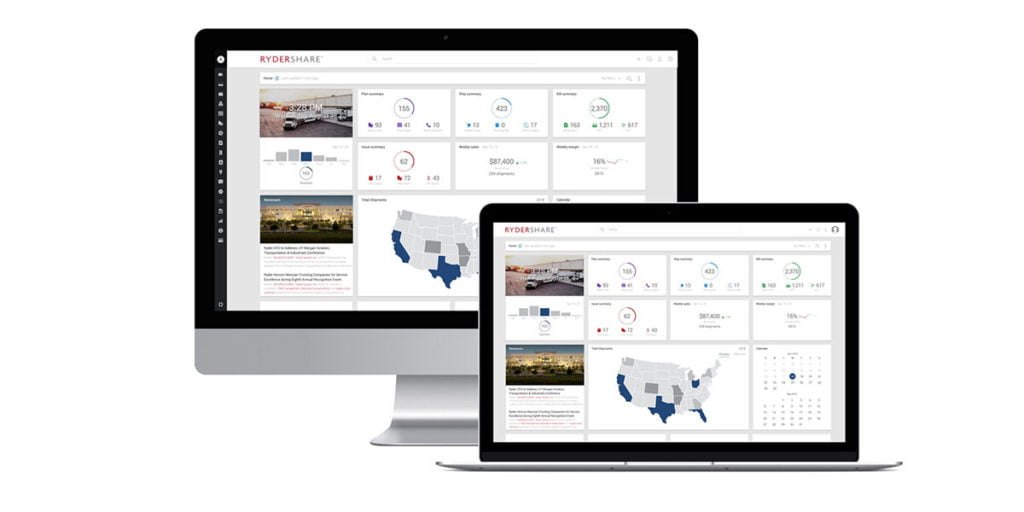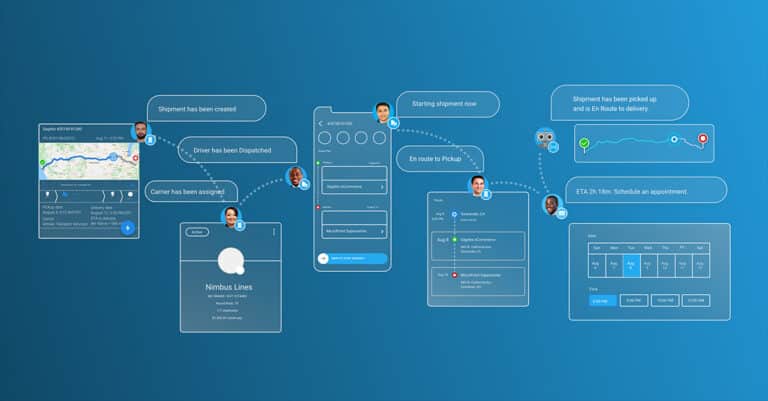Modern supply chains are interdependent and exposed to a myriad of risks ranging from economic shifts and geopolitical tension to natural disasters, so building resilience is not just beneficial — it’s essential for survival. Supply chain resilience refers to the ability of a supply network to prepare for unexpected events, respond to disruptions, and recover from them quickly to maintain continuity of service and competitive advantage. This blog explores key strategies for enhancing supply chain resilience to future-proof your business.
Diversification of Supply Base
One of the fundamental strategies to increase supply chain resilience is diversification. Relying on a single supplier or region for critical components or materials can leave a business vulnerable to disruptions. By diversifying suppliers across different geographical locations, companies can mitigate risks associated with regional disruptions due to political instability, tariffs, or natural disasters. This approach not only secures the supply chain but also often exposes the business to more competitive pricing and innovation.
Investment in Technology and Automation
Advanced technologies such as AI and machine learning can significantly enhance supply chain resilience. These tools offer improved visibility across the supply chain, enabling real-time tracking of materials and products. Automation in processes minimizes human errors and enhances operational efficiency. For instance, AI can be used for predictive analytics to forecast demand more accurately and adjust supply strategies accordingly.
Enhanced Inventory Management
Strategic inventory management is crucial in building resilience. This includes practices such as maintaining safety stocks, implementing just-in-time inventory practices, and utilizing demand-driven planning. These strategies help balance the cost of holding inventory with the need for buffer stocks to protect against supply chain disruptions.
Strengthening Relationships and Collaboration
Strong relationships with suppliers, customers, and logistics partners are vital for resilient supply chains. Collaborative relationships facilitate the sharing of real-time data and insights, which can help in anticipating disruptions and coordinating faster responses. Regular engagement with stakeholders strengthens trust and ensures alignment of risk management strategies.
Flexibility in Transportation and Logistics
Transportation flexibility is another critical component of a resilient supply chain. Having multiple logistics options and contingency routing plans can help circumvent disruptions. Leveraging a mix of transportation modes and developing relationships with multiple logistics providers can ensure that there are always available options, regardless of the situation.
Training and Development
Empowering employees with the knowledge and tools they need to manage disruptions is essential. Regular training sessions on emergency procedures, risk management, and recovery plans build a knowledgeable workforce that can act decisively during crises. Encouraging a culture of innovation can also lead to more resilient strategies emerging from within the organization.
Regular Risk Assessments and Continual Improvement
Building resilience is an ongoing process that requires regular assessment and refinement. Conducting periodic risk assessments to identify potential vulnerabilities and developing action plans to address these is crucial. Learning from past disruptions and continuously improving processes ensures the supply chain becomes stronger over time.
A Resilient Supply Chain Is a Competitive Advantage
In conclusion, a resilient supply chain equips businesses to face the unexpected with confidence. By implementing the strategies outlined above, companies can not only safeguard against current risks but also prepare for future challenges. Supply chain resilience not only protects a company’s operational capabilities but also enhances its reputation as a reliable and proactive partner.
Explore how Turvo’s transportation management software can transform your logistics operations by providing innovative solutions to meet today’s challenges and tomorrow’s opportunities.









